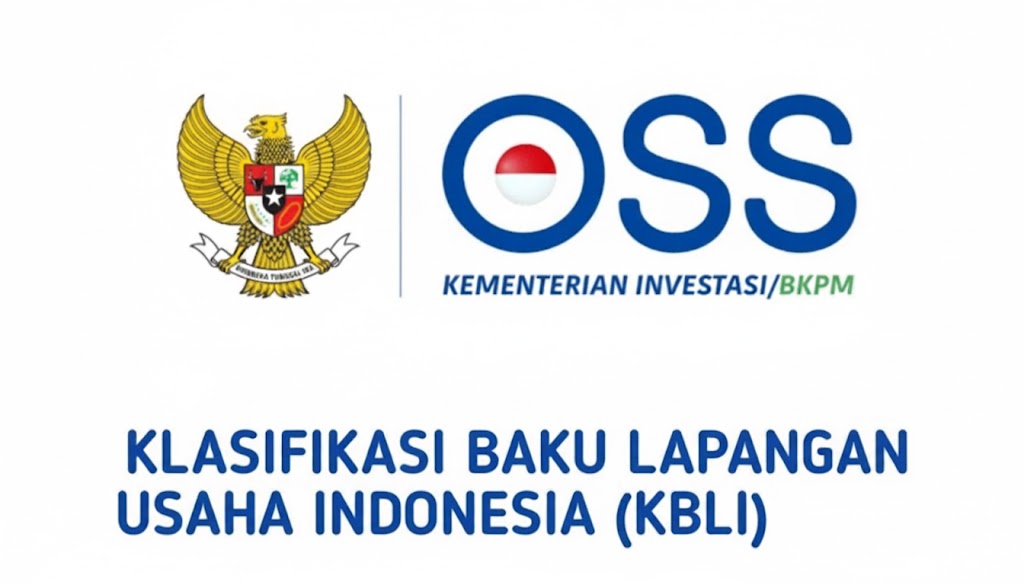The business licensing process through the Online Single Submission (OSS) system has reportedly not returned to normal.
The disruption stems from system maintenance and adjustments following the replacement of Government Regulation No. 5 of 2021 with PP No. 28 of 2025 on Risk-Based Business Licensing Administration.
This condition has forced business actors to be patient while waiting for the electronic integrated licensing service to resume normal operations.
According to Bowo Siswandoyo, Licensing Officer at the Investment Board One-Stop Service in Central Papua, the main issue lies in integrating the new regulation into the OSS system. Since August 4, 2025, the system has undergone intensive maintenance to embed all new provisions.
“The licensing process through OSS has not yet returned to normal,” Bowo said on Thursday October 9, 2025).
He explained that the adjustment is crucial as Government Regulation no 28/2025 introduces more detailed and comprehensive provisions on risk-based business licensing.
Consequently, the submission of new permits, amendments, and other licensing requirements have been delayed until the synchronization process is complete.
Favoring Central Government
Derived from the Omnibus Law on Job Creation, the new government regulation aims to simplify and provide legal certainty for business operations.
The OSS adjustments involve not just regulatory text updates but also fundamental changes in workflow, requirements, and the risk-based licensing mechanism. Once the system maintenance and regulatory implementation are complete, OSS is expected to resume full operation — ensuring ease, transparency, and efficiency in business licensing services, thus boosting Indonesia’s investment climate.
Meanwhile, Dr. I Putu Suyatna, an economist from Warmadewa University, stated that OSS remains too centralized, favoring the central government. He believes local governments, who best understand their regions’ social, cultural, and environmental conditions, should have greater involvement.
“It’s time to reform OSS if not, Bali could be at risk. Local regulations must ensure regional government participation,” Suyatna emphasized.
He added that OSS was introduced to tackle bureaucracy and corruption in regional licensing processes. However, reforms should not only cut red tape but also ensure that investment benefits investors, communities, the environment, and local
governments.
“We need to create a healthy investment climate. It’s essential to eliminate illegal levies and strengthen law enforcement early. Investors lose confidence when buildings get demolished after being constructed,” Suyatna explained as quoted from Bali Post.
On the other hand, Ida Bagus Rai Dharmawijaya Mantra, a member of the Indonesian Senate’s Committee III, noted that OSS reforms and investment thresholds require further review especially the Rp10 billion foreign investment minimum, which he believes is too low and could harm local businesses.
Rai suggested that reforming OSS should involve collaboration between local governments, the Coordinating Ministry for Economic Affairs, and the Coordinating Ministry for Investment to ensure the policy balances investment facilitation and regional economic sustainability.
Sources: PapuaPosNabire, BaliPost
Feat Image: via OSS

